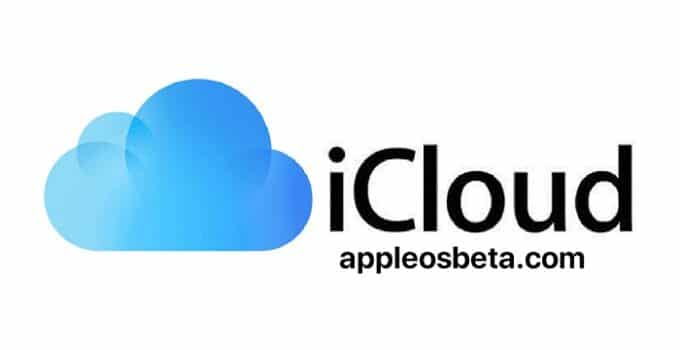Apple makes it easy to sell apps that use iCloud. There are cases of app transactions with iCloud support that took up to four months, because together with the app, the account and the brand connected to it must also be sold, which Apple considered inextricably linked to the single piece of software. A situation that over the years had created several situations of conflict and numerous petitions for Apple to change the functioning of this mechanism, considered extremely punitive.
Apple made no mistake in the 5G modem chip
A problem for many
With 34 million developers large and small and a vast economy linked to apps, the hypothesis of buying and selling the code and apps but also their name, brand and everything else is anything but strange. The limits imposed so far by Apple were too strong for apps that use its underlying technology.
“When my latest app, Spend Stack, was acquired, it took almost four months to fix everything. And it was an experienced buyer who usually does everything in a week at the most, ”writes one developer. And again “Why did it take so long? Since I wasn’t just selling Spend Stack, I had to sell my entire Spa, Dreaming In Binary, which I had owned for many years. Instead of transferring the app, I had to manage a series of logistical obstacles that neither I nor the buyer would have liked “.
Apps that support iCloud use CloudKit
The culprit for this excessive complexity is Apple’s framework, CloudKit. Those who use iCloud in their app, in fact, had to create an LLC, a dedicated company. This was a requirement of Apple: to use iCloud within an app it was necessary to create a Srl, open a business account, have a DUNS number and from there do everything to get permission to create your own app.
A problem that has not only slowed down many developers, but has made the management of a series of technologies more complex, such as those for synchronization via iCloud, which are in great demand by users, but with rather onerous legal requirements by Apple. Alternatives, like Google’s Firebase, are much lighter. And that also explains why some apps don’t support iCloud syncing.
Apple has changed its strategy
With a small two-line note, Apple informed App Store Connect users, i.e. developers, that apps that use iCloud can now be transferred to another developer within the Apple Developer Program without having to give up their entire account. with the Srl.
This is a simple strategy change, but one that has been in great demand for years and that certainly offers the possibility of making it easier and faster to change ownership of apps on the store. It seems like a small thing for those who do not develop software, but in reality the direct impact is precisely on the end users.
The risk of having to divest the brand and company to sell an app, and the reasons for which to sell an app can be many, over time has led many developers to use alternative solutions such as Firebase, and to ensure that there were no obstacles of this type. .
However, the exclusion of CloudKit results in the lack of synchronization functions via iCloud of the app data, which significantly reduces its integration with the Apple platform. In fact, not only is the synchronization experience offered by iCloud on Apple devices very fast and functional, but it also does not require other subscriptions to third-party services, because it is based on the Apple ID of the customer who downloaded the apps. And then it is guaranteed by Apple both in terms of functionality and reliability.
As has been commented, Apple’s choice not to change this requirement first was for the company like shooting itself in the foot: on the one hand, pushing and enhancing the CloudKit service and on the other bind it with too strict legislation. Now this is no longer the case.



